Development agency tackles North Africa issues
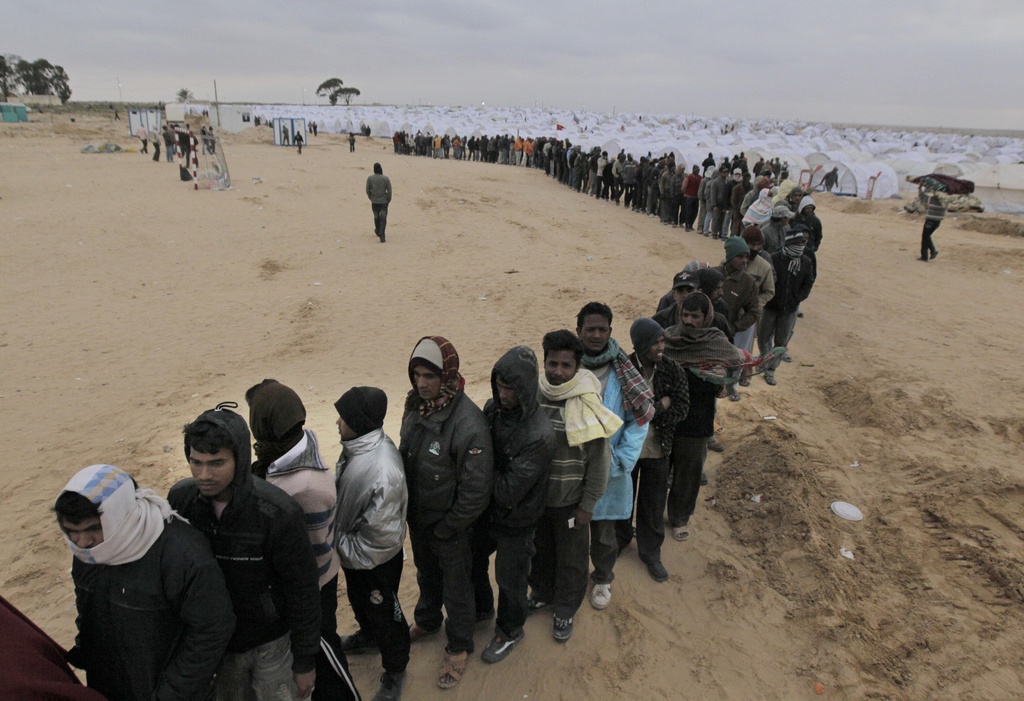
The Swiss Agency for Development and Cooperation (SDC) is celebrating 50 years – a jubilee that coincides with the dramatic events of the Arab Spring.
Could this mean a reshaping of the global aid map with a possible long-term Swiss presence in North Africa in due course?
SDC chief Martin Dahinden dealt with this and other questions at a media conference in Bern on Wednesday.
Dahinden is looking forward to a year of commemorations “without nostalgia”. He wants to look to the future and welcome the extra funds that parliament has just allocated to his agency.
The funds, he said, would serve to participate in a more efficient way towards the resolution of local and global problems.
After the revolutions in Tunisia and Egypt and with the Libyan uprising ongoing, journalists questions centred on the southern coasts of the Mediterranean.
Dahinden pointed out that faced with these great changes, humanitarian aid, which has to be delivered immediately and in the short term, had to be distinguished from cooperation and development.
Switzerland has been committed to providing humanitarian assistance since the end of February. Ten Swiss experts are currently on the ground, divided into three teams on the Libyan border with Egypt and Tunisia. They are taking part in measures to avert a humanitarian and sanitary crisis.
Apart from 3,000 blankets and 200 tents, Switzerland has provided SFr1.5 million ($1.61 million): one third to the International Committee of the Red Cross, one third to the International Organisation for Migration and one third to the Swiss humanitarian aid corps, the armed guard of the SDC, staffed with experts who work in the field.
“And we will certainly reinforce this engagement in the coming weeks,” Dahinden said.
Political decision
“Development and cooperation is something else. It is a long term commitment and moving in this direction would be a political decision.”
Compared with larger international donors, the Swiss agency has limited means at its disposal – about SFr1 billion per year.
In the interest of efficacy, it therefore concentrates its efforts on certain countries or groups of countries defined as “priority”. The list has no Arab country on it for the moment. Only the Palestinian territories of Gaza and the West Bank benefit from “special programmes”.
In 2009 the government decided to reduce the number of priority countries from 17 to 12.
Last year for example, the SDC left India and Peru, where it had worked for almost 50 years and ceased running special programmes in North Korea. It would be up to the government to decide, if the case arises, to install a Swiss presence in North Africa. A move that would clearly involve a redistribution of resources.
“The region has a very large importance for Europe and also for us,” Dahinden said.
He stressed the long experience of the SDC in assistance for democratisation, setting up local administrations, and in the work and income sectors, all areas of expertise that could be very useful to countries which will have to build law-based states and restart their economies.
Water, climate, debt
In expectation of a political decision to send the SDC to work long term in North Africa, parliament has just allocated SFr640 million for two years. The goal is to reach an aid budget equivalent to 0.5 per cent of GDP by 2015.
Although it is not yet the 0.7 per cent recommended by the United Nations (although some countries, such as Norway, have already reached one per cent), Dahinden is glad about this increase.
The extra funds will be allocated to two tasks set as priorities by the Swiss: water management, which is a vital domain in poorer countries, and climate protection by promoting alternative energy.
A part of the money will also go to multilateral debt reduction programmes to which Switzerland had made commitments it would not have been able to keep without the extension.
“There have always been critical views of the SDC,” Dahinden admitted. “But two years ago a survey showed that about half the population was in favour of this level of cooperation and development, a third would like to increase the money spent and 20 per cent thought that we were doing too much.
“But the majority of those people overestimate the real volume of our budget. They think we are already world leaders.”
While the SDC, the Swiss Agency for Development and Cooperation, is celebrating its 50th anniversary, Switzerland has been involved in humanitarian issues for more than a century and a half. But its first initiatives were privately funded.
1863: Henry Dunant founds the International Committee of the Red Cross (ICRC) in Geneva.
1918: Catholic charity Caritas organises rest holidays in Switzerland for children living in war-torn countries.
1944-48: Switzerland coordinates a large collection of donations for victims of war in Europe, an initiative which leads to the establishment of Swissaid.
1946: Founding of protestant organisation Swiss Interchurch Aid (EPER).
1950: First mission of the four Swiss cooperatives in Nepal, financed by the Swiss state.
1951: Switzerland begins financially contributing to technical assistance programmes of the United Nations.
1955: Beginning of Swiss Aid to greater European regions, which forms the basis for the formation of Helvetas in 1965.
1960: Founding of children’s welfare group Terre des Hommes.
1961: The government appoints its first delegate to the SDC. The future SDC (name adopted in 1996) is born.
1974: Switzerland signs up to the European Convention for Human Rights
1976: Law for development cooperation and international humanitarian assistance is adopted.
2011: Parliament agrees to increase Swiss public aid for development to 0.5 per cent of gross national product by 2015.
(Translated from French by Clare O’Dea)

In compliance with the JTI standards
More: SWI swissinfo.ch certified by the Journalism Trust Initiative
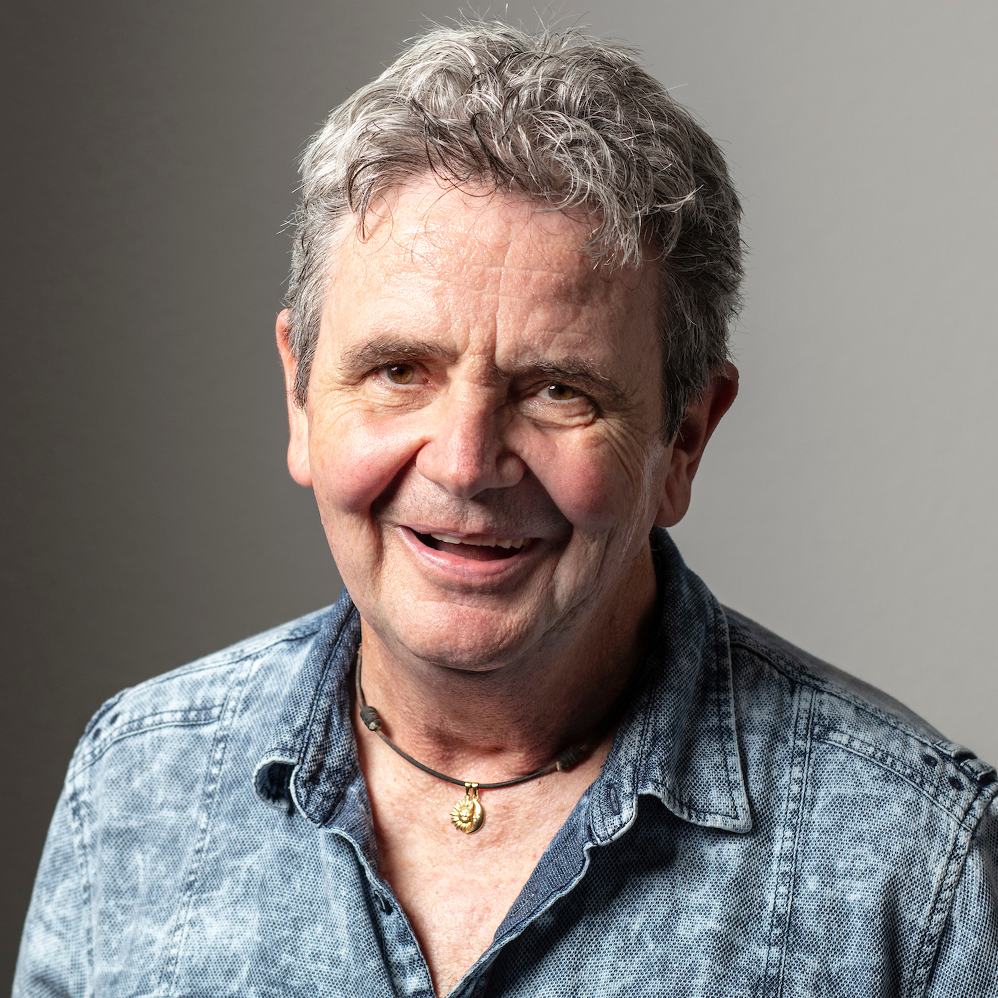
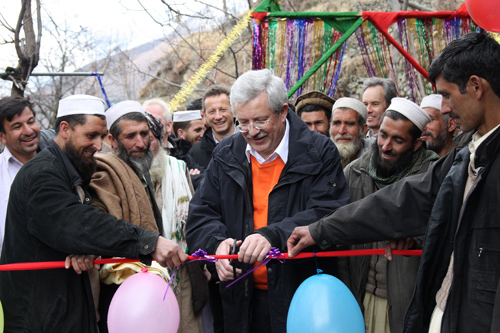
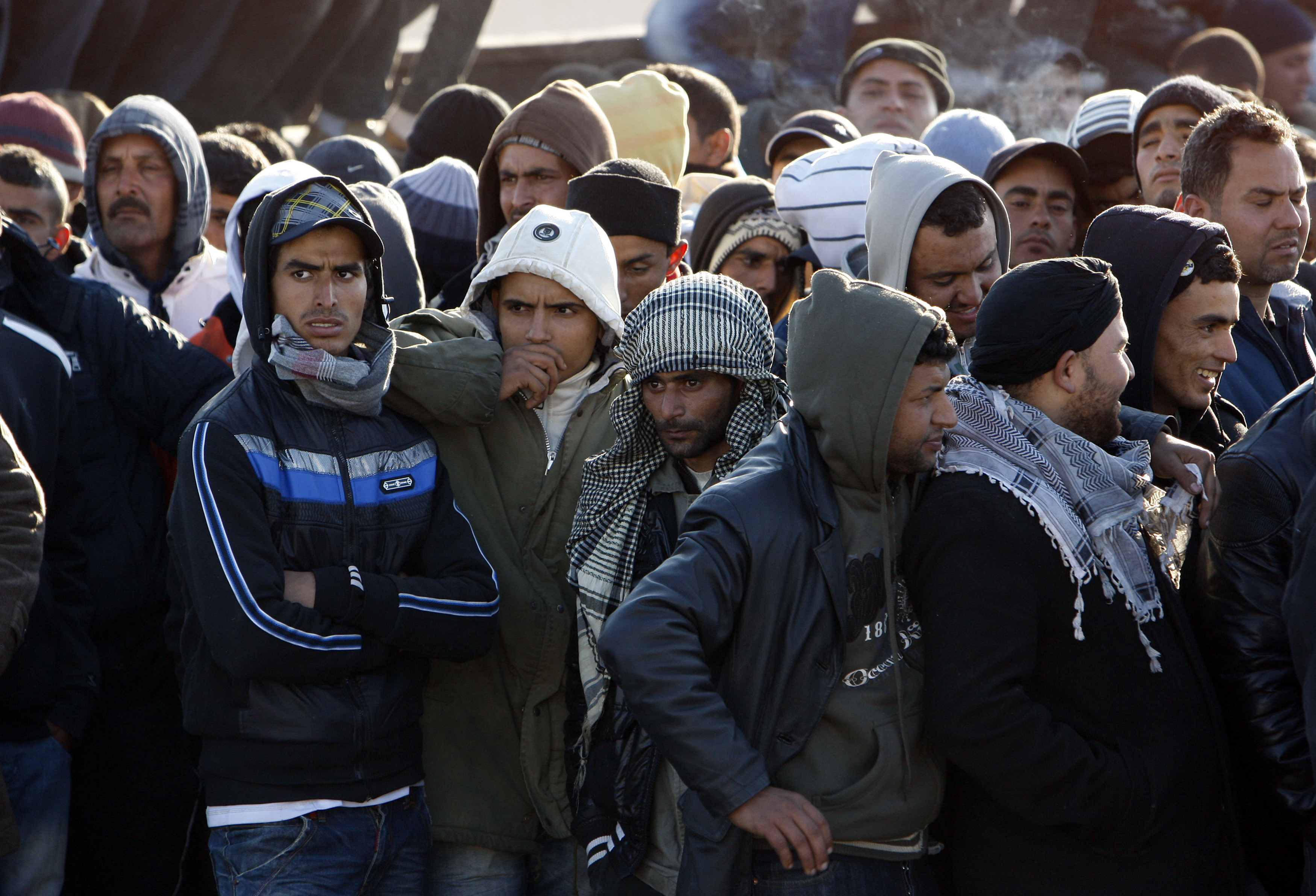
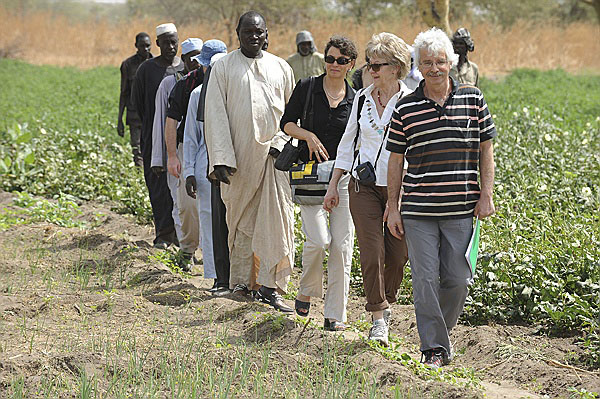
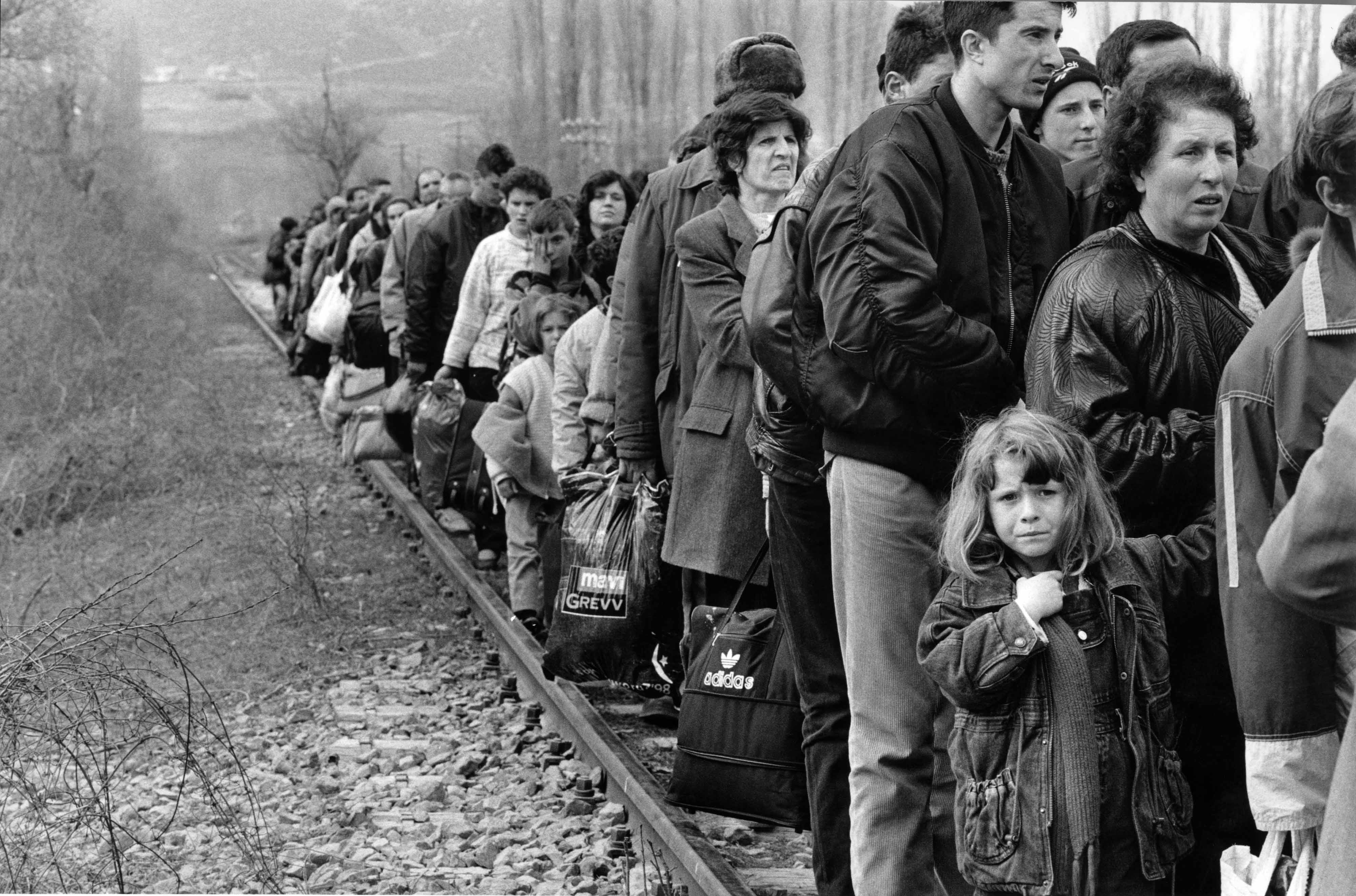
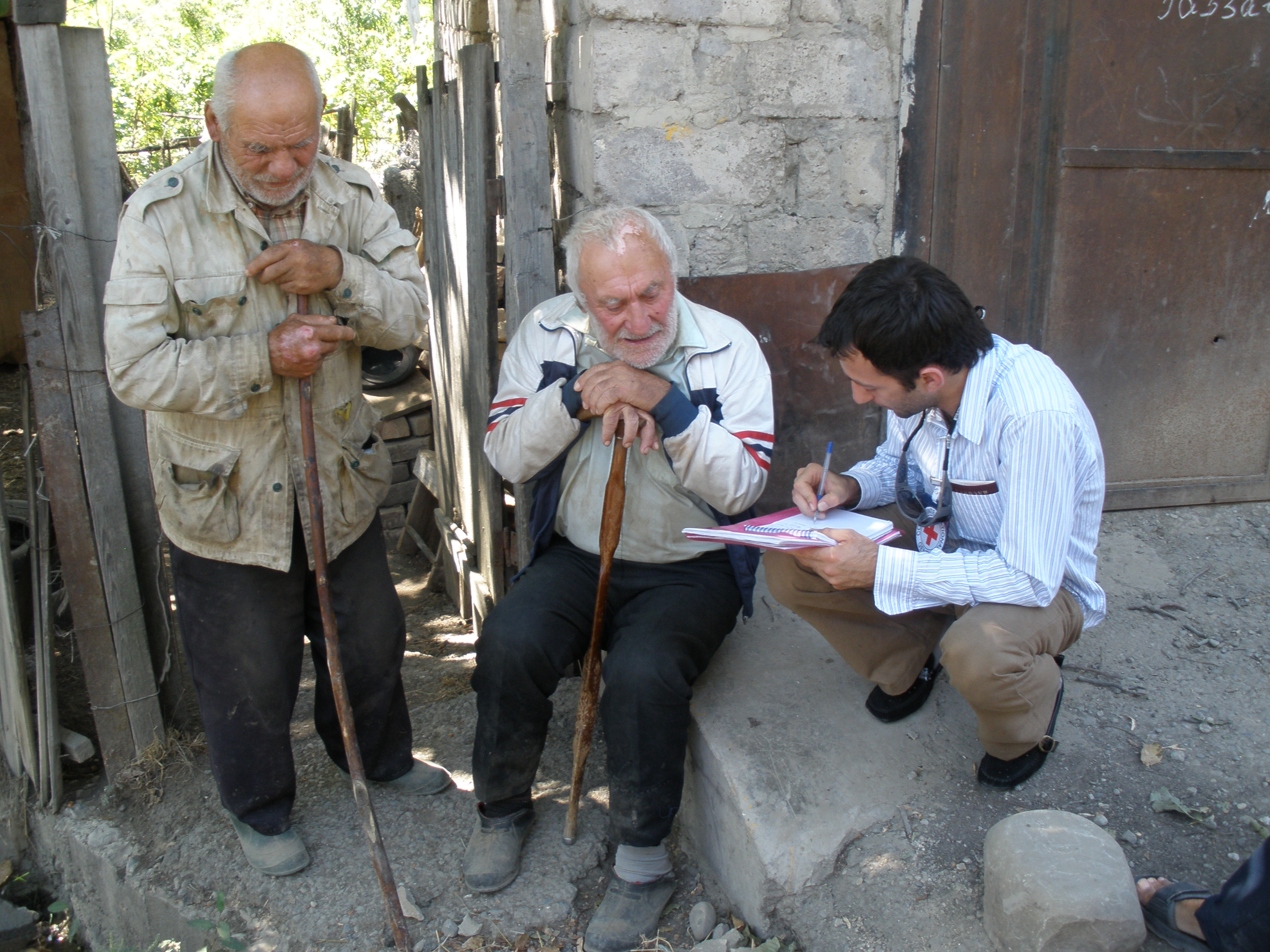
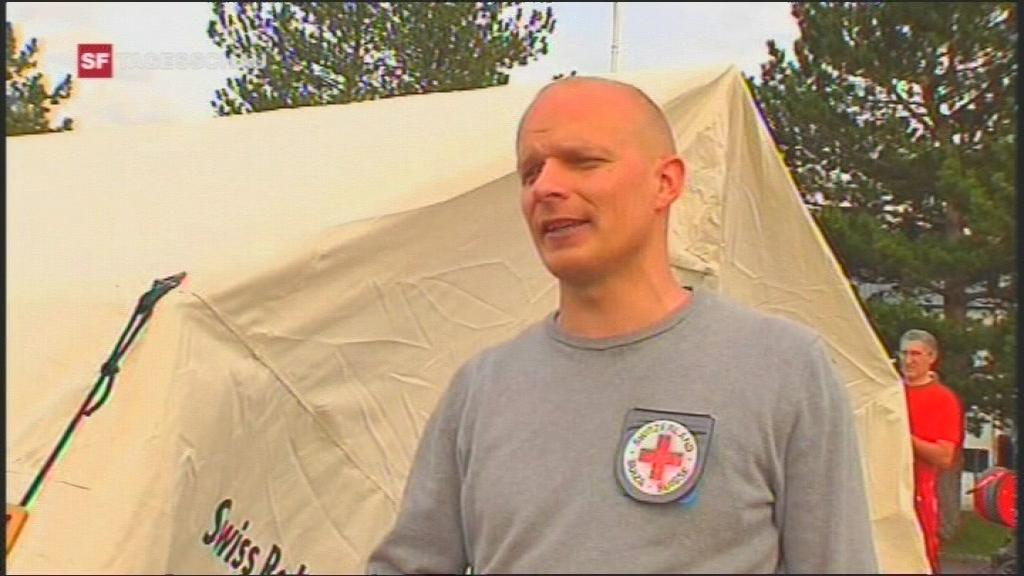
You can find an overview of ongoing debates with our journalists here . Please join us!
If you want to start a conversation about a topic raised in this article or want to report factual errors, email us at english@swissinfo.ch.